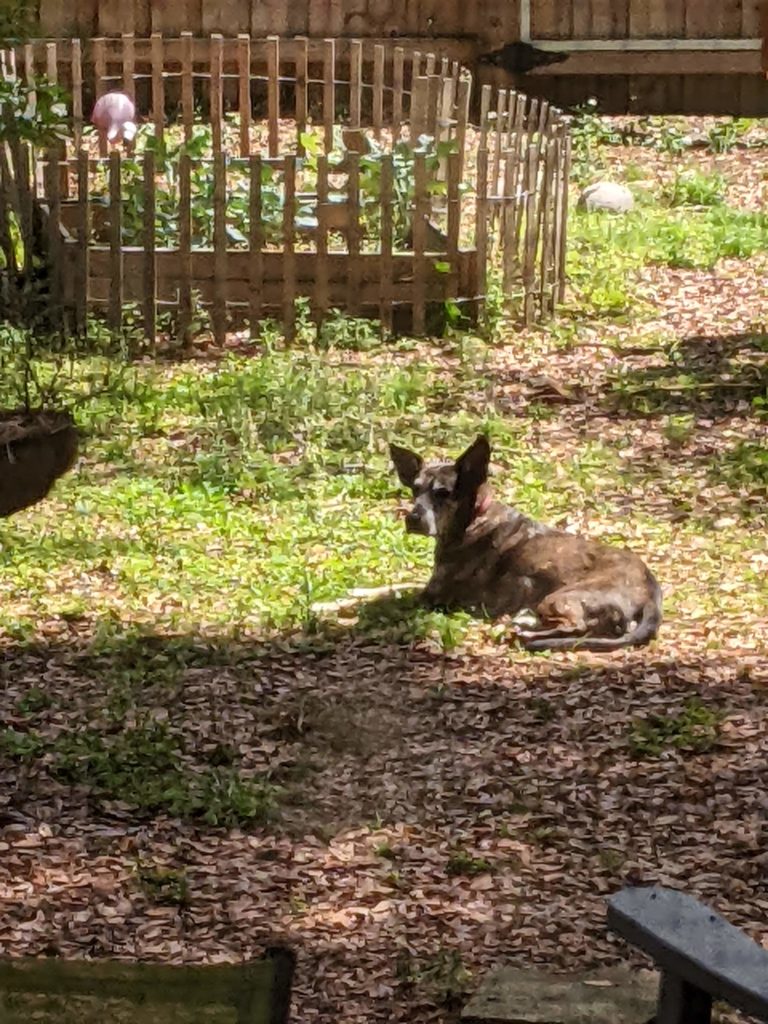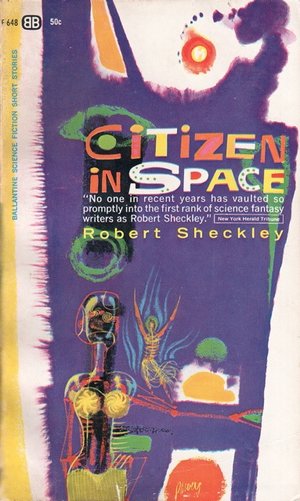Back when I did Re/Creating Tampa I attempted to emulate the alt-weekly newspaper model by running a Syndicated Sundays post. This included links to the kinds of things you might find syndicated in your local alt-weekly. At the time this included News of the Weird, This Modern World, Dan Savage, Free Will Astrology, etc.
I’ve decided to update the sources and to run this as a regular Sunday post. I’m sure I’ll be adding and subtracting to it as the weeks go on. There are still a few stalwarts available from those sources I used years ago, but most have faded away, or just aren’t my bag anymore.
It’s also possible I might include podcasts or newsletters if I ever find any that I find consistently interesting/entertaining, and don’t require handing out an email address.
That said, here’s your clutch of regular Sunday links.
Book Reviews
Wait. I just realized I don’t have a regular source for book reviews! I mean, I read a zillion, but they’re from all over, so I’m not sure what might be a good, regular source to put here. Hmmm, this will take some thinking. In the meantime, Tor is generally a pretty solid source for new fiction.
All the New Horror and Genre-Bending Books Arriving in April!
Cartoons
Dan Piraro, creator of Bizarro, is semi-retired and producing a surreal, on-going series titled Peyote Cowboy.
I’ve been reading Tom Tomorrow since he was publishing in Processed World back in the 1980s. Wikipedia describes Processed World as “an anti-capitalist, anti-authoritarian magazine focused on the oppressions and absurdities of office work.” Looks like some themes have been with me for a looonnnnnggg time. Currently I subscribe to his newsletter, but you can read him at The Daily Kos on Mondays or The Nib on Tuesdays.
Is Strange Planet’s first home on Instagram?
I bet The Nib will also find itself in regular rotation.
Columns
This week, just this from David Suzuki.
Will the world again hit “snooze” on latest climate alarm?
I bet this ends up being the category with the most variance, and will probably include columns that aren’t necessarily from columnists who publish weekly (or more often). The Conversation might be a good source for these. I might also dip into Global Voices and/or Good News Network.
Horoscope
Once again, it was trying to remember something about Rob Brezsny’s Free Will Astrology that prompted me to root around in the memory hole. That trawling through the archives reminded me I used to post a weekly link to FWA in the Syndicated Sunday posts.
Rob Brezsny’s Free Will Astrology – Week of April 7th, 2022
Music Reviews
These days just about the only music reviews I visit are the Bandcamp Daily posts. Perhaps I’ll see if I can find a few more resources for new music.
**
OK. That’s the start. I’m sure it will shift and morph over time, with sources and categories added, dropped, and tweaked. Hope your Sunday is a good one!
(100 Days of Blogging: Post 070 of 100)



